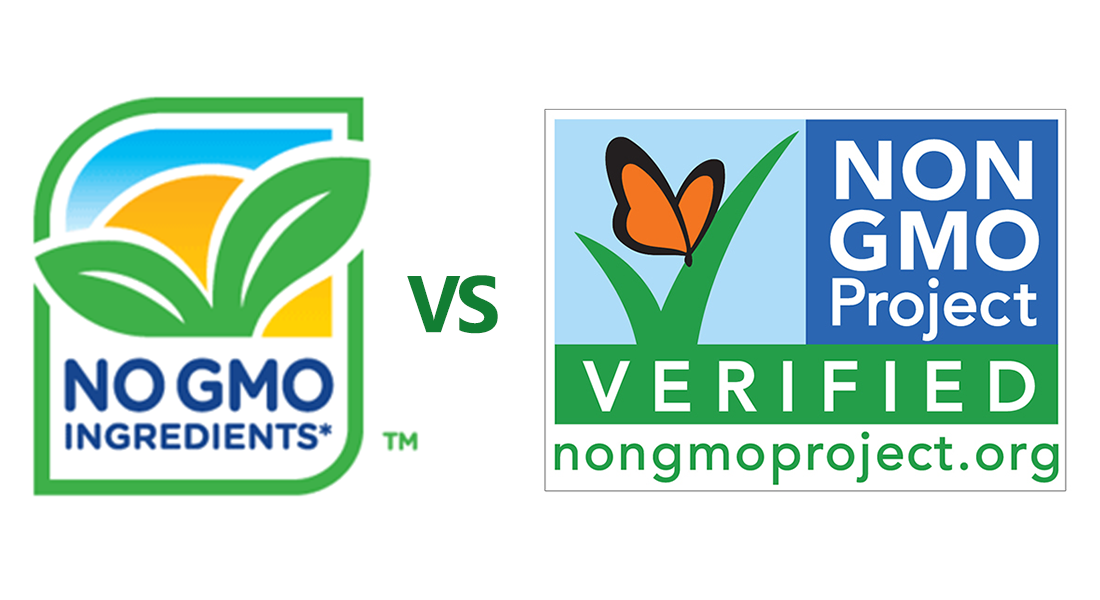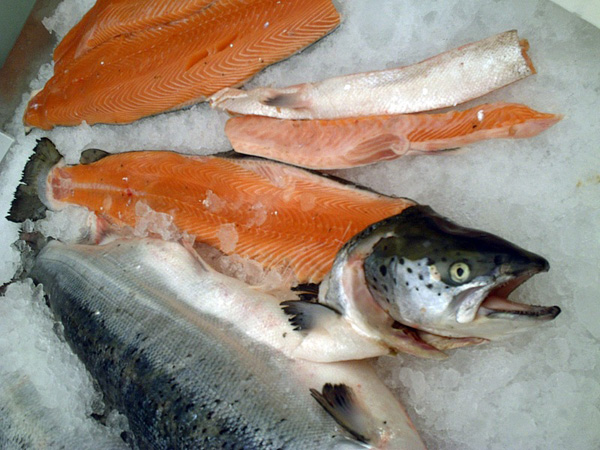Earlier this month the Food and Drug Administration (FDA) opened the door for the import of genetically modified organism (GMO) salmon, leaving many in the food industry wondering if other gene-edited livestock would soon follow.
On March 8, 2019 the agency lifted a ban on AquaBounty, the company behind genetically modified salmon that grow twice as fast as normal salmon. Allowing the company to import its GMO salmon eggs to its Indiana growing facility, where the fish would be grown for about 18 months before being sold for human consumption.
In 2015 the FDA first declared GMO salmon safe for consumption after a lengthy review process that lasted more than 20 years.
“As FDA notes in this announcement, our salmon was approved by the agency over three years ago based upon a very comprehensive science-based review process, which established that our salmon was safe, nutritious, and environmentally sound and met all other regulatory requirements,” said Sylvia Wulf, Chief Executive Officer of AquaBounty in a release. “We will immediately start the process to import AquAdvantage eggs from our hatchery in Canada to begin to grow out at our Indiana facility.”
AquAdvantage is Atlantic salmon modified with DNA from other fish species to grow faster, which the company says will help feed the growing demand for animal protein while reducing costs.
The import ban was lifted as a result of a new regulation by the United States Department of Agriculture (USDA) that states companies must disclose when a food product is bioengineered on its packaging. The label can be displayed in one of three ways, by a symbol on the packaging, text on the packaging that identifies it as bioengineered food or a QR code that invites consumers to get more information. That regulation becomes mandatory in January 2022.
The term “bioengineered” has been opposed by critics who say the public is more familiar with GMO, however, the FDA is standing by the new rules.
“The FDA no longer has the authority to issue labeling guidance on this topic; however, the FDA believes this Congressional mandate has been satisfied by the USDA’s issuance of final regulations implementing that law in late 2018 because the law and regulations require that human food containing GE salmon bear labeling indicating that it is bioengineered,” read a statement from FDA Commissioner Scott Gottlieb.
Currently the salmon is the only genetically modified animal approved by the agency for human consumption, however, some industry experts are hoping this trend will continue, particularly when it comes to gene-edited pigs, which have seen significant advancements in recent years.
Scientists have already produced pigs that can resist one of the world’s most costly animal diseases, Porcine Reproductive and Respiratory Syndrome (PRRS) back in 2015. The disease costs the pig industry around $2.5 billion each year in lost revenue in the US and Europe alone
Through gene-editing technology, a team of researchers led by Randall Prather, was able to isolate the protein which helps PRRS to spread throughout the pig, resulting in the birth of PRRS-resistant piglets.
“We hear a lot of talk about sustainability,” said Randall Prather, animal science professor at the University of Missouri and director of National Swine Resource and Research Center in an interview with Pacific Standard. “If we’re really going to be sustainable, we can’t afford to have inputs such as fuel, feed, labor going to animals that are going to underperform or get sick or die.”
The FDA evaluates genetically engineered animals as strictly as it does drugs, meaning a lengthy and costly review process, as seen with the GMO salmon. Many scientists would instead like to see the approval process handled by the USDA, which has a quicker regulatory path.
According to Randal, the current process is not only frustrating but incredibly stifling for development.
“The FDA shouldn’t even be in this game,” he added. “If you’re going to knock out a gene, what difference does it make? It’s illogical to me.”
AquaBounty salmon could be on store shelves as soon as 2020, but if FDA regulations stay as is, it’s not likely that consumers will find disease-resistant pork in the market for some time. Meanwhile, the majority of consumers remain skeptical of genetically modified crops and animals, even though many scientists agree that GMOs are perfectly safe to eat.












Join or login to leave a comment
JOIN LOGIN